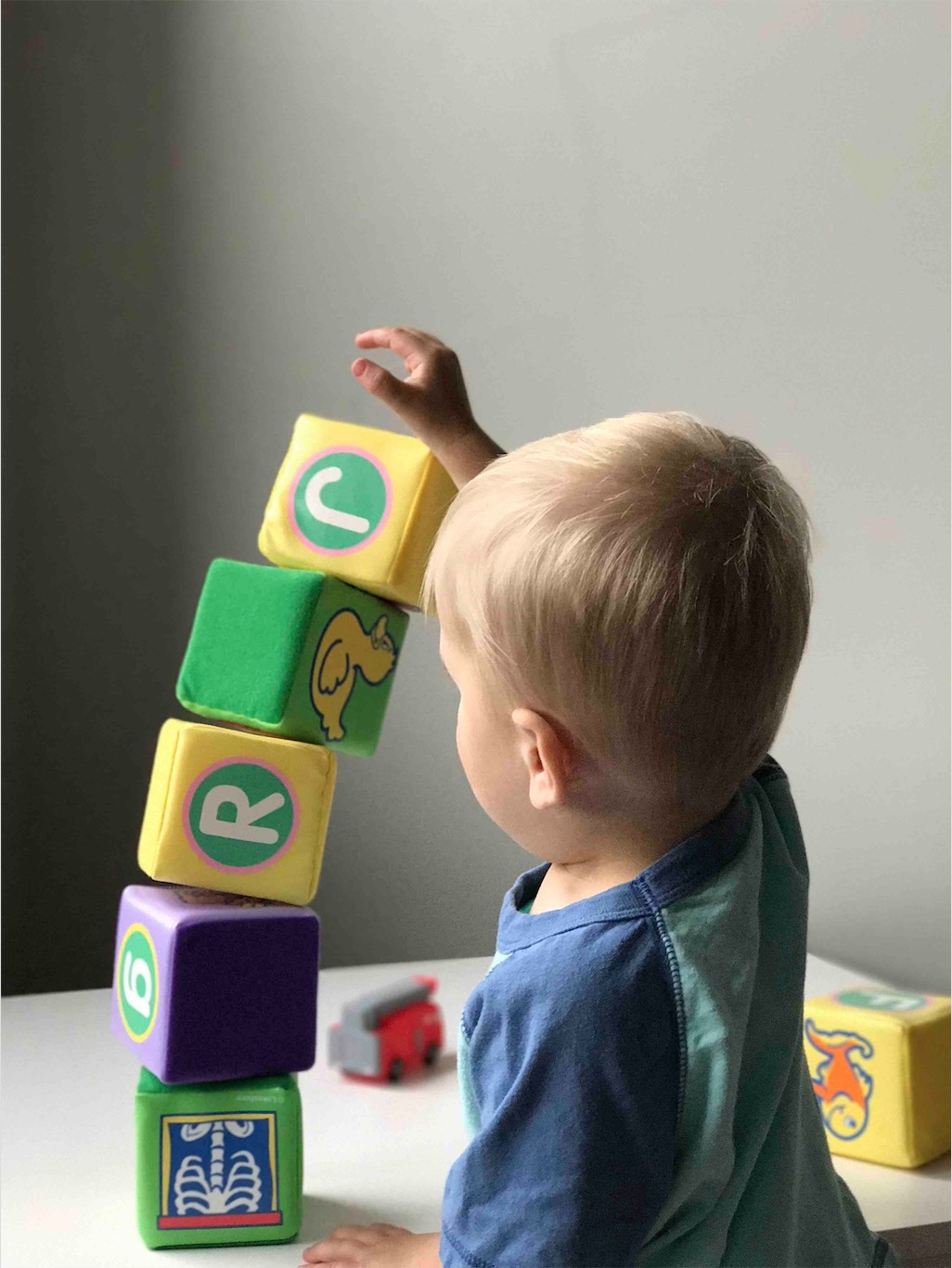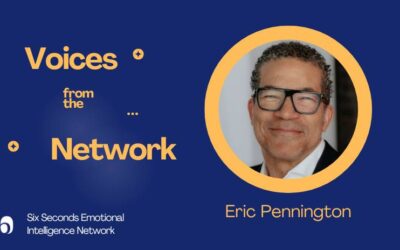What We Can Learn From
Olympic-Level

Failure
Learning can be an awkward, even painful, process of repeated failure. Young children are great at this, but as we get older, we seem to become resistant to incompetence.
For example, a manager in an EQ course told me,
“It doesn’t feel natural for me to express empathy, so I don’t think I should keep trying this.”
Do you remember the
“Thank You Mom” ad
P&G made for the 2014 Winter Olympics?
Watch it again, and as you do, think about the experience of learning something new, and of practicing:
What do you notice watching? In addition to the tribute to moms who support — what does it say about failure and learning? Can you imagine yourself in that process of falling and falling and getting up one more time?

When I tried snowboarding a few years ago, I had no real objection to the first 30 times I hit the snow. Yet in other areas of my life, I’m disappointed when I don’t do well. I suspect a key difference is expectation. Snowboarding, I expected to fall (though I didn’t expect *quite* as much pain as I experienced when I fractured my tailbone). In other areas, I expect to succeed quickly, and then I’m disappointed by my failures.

Appreciating Failure
A society fixated on first place and “the right answer” is a brutal obstacle to learning. Several years ago I saw a billboard, again about the Olympics, with, “Second Place is the First Loser.” Really? Isn’t it an epic achievement just to compete there?

At Six Seconds,
we’re working toward a billion people
practicing emotional intelligence.
But maybe we should say, a billion people failing and trying again? The bad news is we will all fail often — we’ll react following old patterns… we’ll ignore the wisdom of emotions…. We’ll get caught up in short-term goals and forget our real purpose… but the good news is, these are each chances to try again, and to learn.

Using Failure Well
In our book, Inside Change, Max Ghini & I wrote that a key step to change is, “find the success in the failure… A well-used failure may have even more value than a success.” How can we convert failure from a crushing weight into a building block?
One key we offer in the book is the competency of Exercise Optimism.
Optimism is not the same as “positive thinking”
An optimistic view requires confronting failure and taking ownership. According to Martin Seligman’s model of optimism, we need to put on a TIE:
Temporary: I failed, and at some point I will get better. Nothing lasts forever.
Isolated: I failed at X, and that affects some things, but not everything.
Effort: I failed this time, and next time I’m going to try something new. I haven’t tried everything yet!

It’s not over… yet
2018 Winter Olympics in Pyeong Chang gives a beautiful example of this principle. At the start of the men’s 30km skiathlon, Simen Hegstad Krueger crashed into two other skiers — what a terrible failure. Listen to the optimism in his explanation (from NBC):

“I was completely last in the group,” Krueger said,
“so I had to start the race again and switch focus to catch up with the guys.
When I did it, I was (saying to myself),
‘OK, take one lap, two laps, three laps and just get into it again.”
In the end, Krueger earned gold — but only after a spectacular failure.
What’s new in emotional intelligence?
What Should Schools Prepare Us For? Educating for a Future That Inspires and Uplifts
In Italy, only 5% of workers are engaged in their jobs—an economic crisis with deep roots in the education system. What needs to change?
From Enemy to Ally: How Eric Pennington Changed His Relationship with His Own Emotions – and Found His Life’s Purpose
How emotional intelligence helped Eric Pennington transform corporate life setbacks into strengths – and find purpose in both work and life.
Emotional Intelligence at Work: In the Era of AI, What Happens to Human Skills?
Who’s winning the artificial intelligence race: machines or people? Research finds AI investment leads to disinvestment in human skills
Fortifying the Mental Health of the Entire School Community with Emotional Intelligence
Wellbeing program at St. Peter’s Primary replenishes reserves post-COVID: ‘Truly life changing for many of our staff,’ school leaders say. Read the full case study here.
Helping Others Achieve Overall Well-being and Healthy Connections: How Emotional Intelligence Guided Pamela Barker’s Career Path Growth
Pamela Barker’s journey began with healing bodies, but it was her discovery of emotional intelligence that unlocked her true purpose: helping others achieve overall well-being and healthy connections. From her days as a physical therapist to becoming a passionate EQ coach, Pamela’s story is one of transformation, resilience, and the power of connection. Her experience shows that real change starts from within.
Emotional Intelligence at Work: Exploring the Principles of Exceptional Leaders
Check out these 7 valuable leadership lessons to be the best leader you can be and bring the best out of people.
- How Emotional Intelligence Coaches Use Emotions in Goal Setting - October 2, 2024
- 3 Winning Strategies for Successful Change Leadership: Coaching with Emotional Intelligence - September 4, 2024
- 3 Emotional Intelligence Tips for the Essence of Coaching - July 31, 2024







Hi,
The article is really motivating. My concern is
How to develop inner motivation in a person to cope up with the failures.
I wonder if the inner motivation can be “unlocked” if we practice the skills of optimism to learn to see failure as a positive sign of learning?
What is failure? How do we define failure? Using the olympics as an example, imagine being second or last in one of the events, anyone of them, take your pick. What these athletes are able to do, most of us cannot do, yet we talk about failure.
Maybe we should redefine failure.
Hi Josh,
Wonderful articles and example about Appreciating Failure. Unable to view th video from NBC about Krueger. Not available.